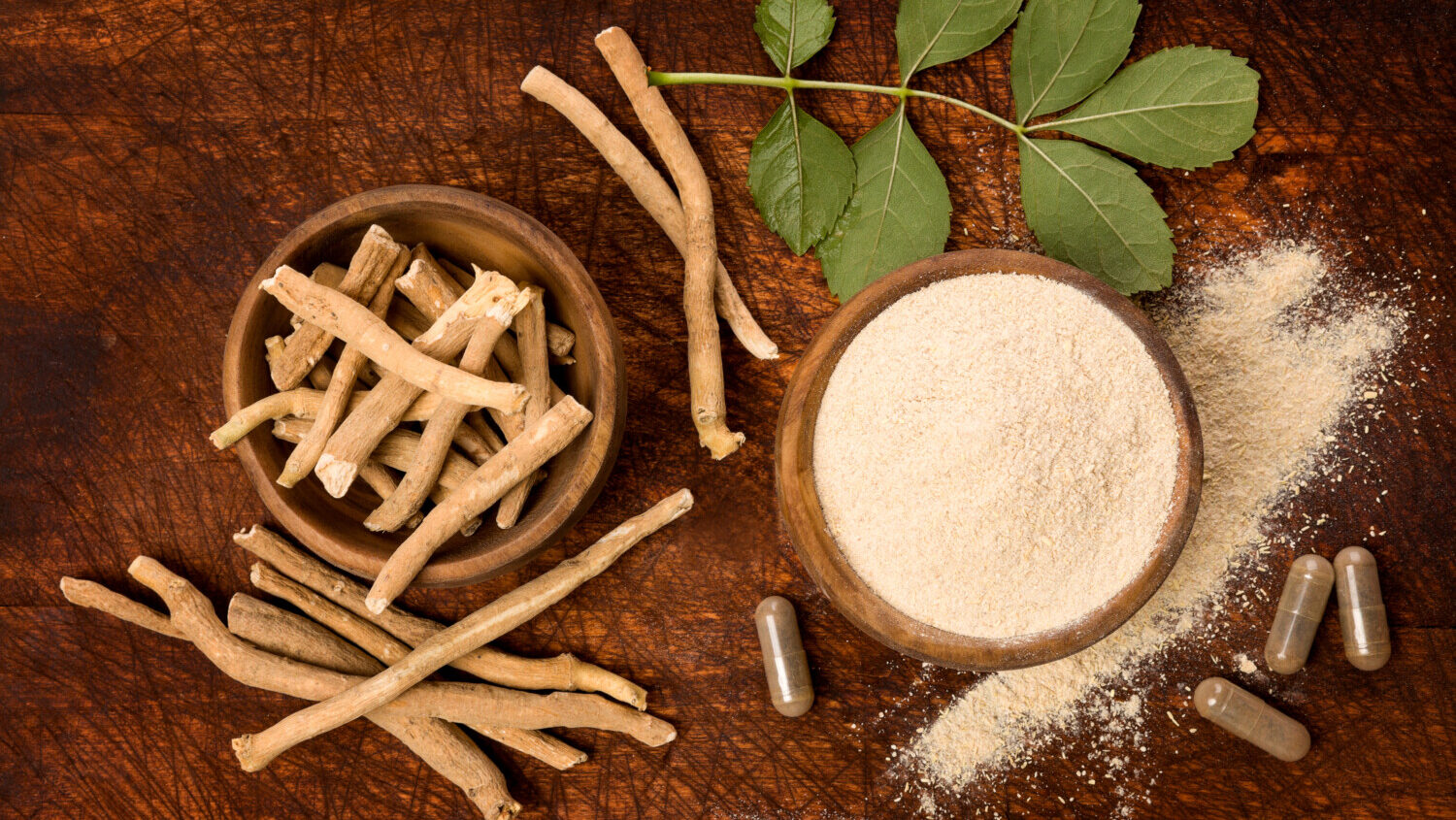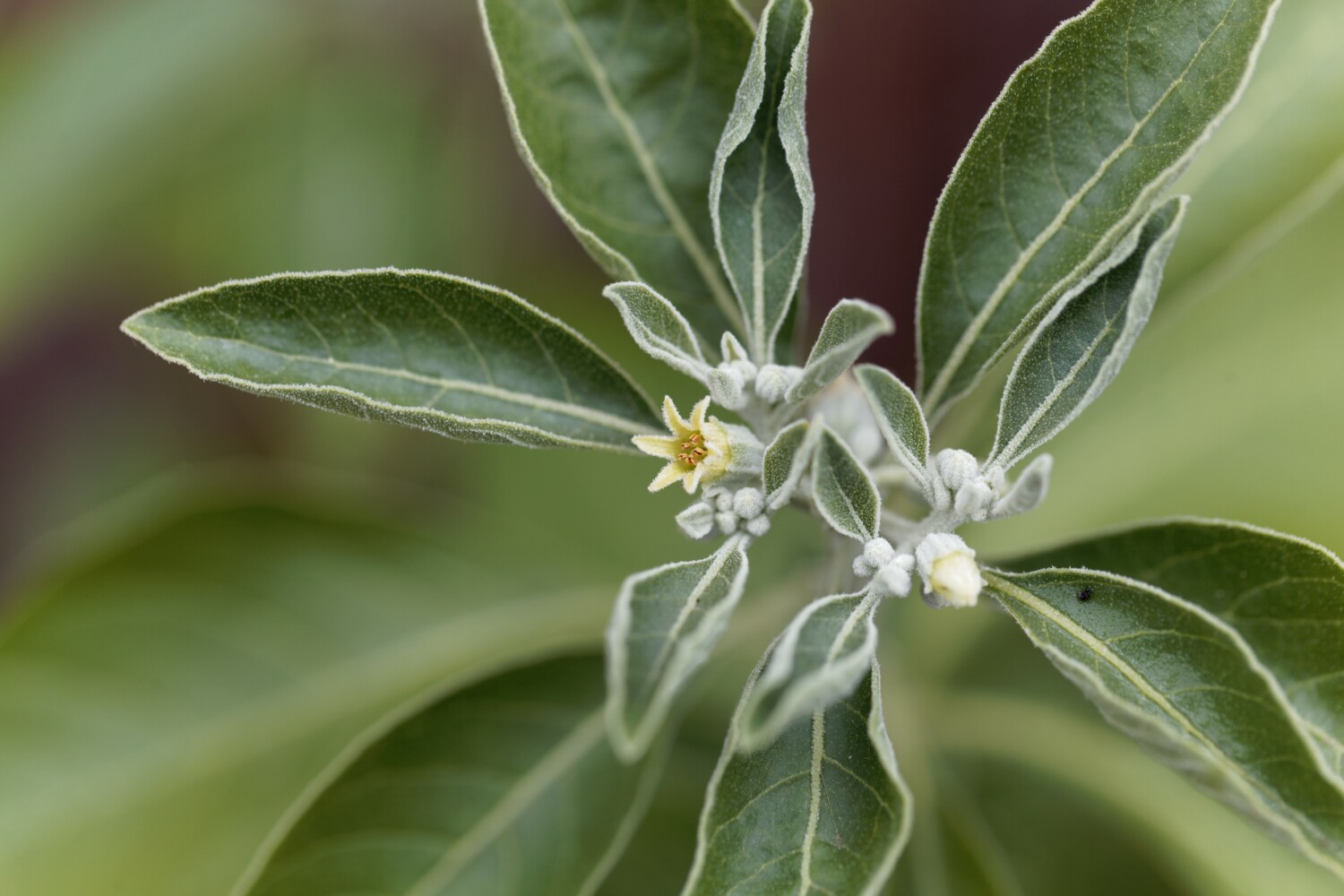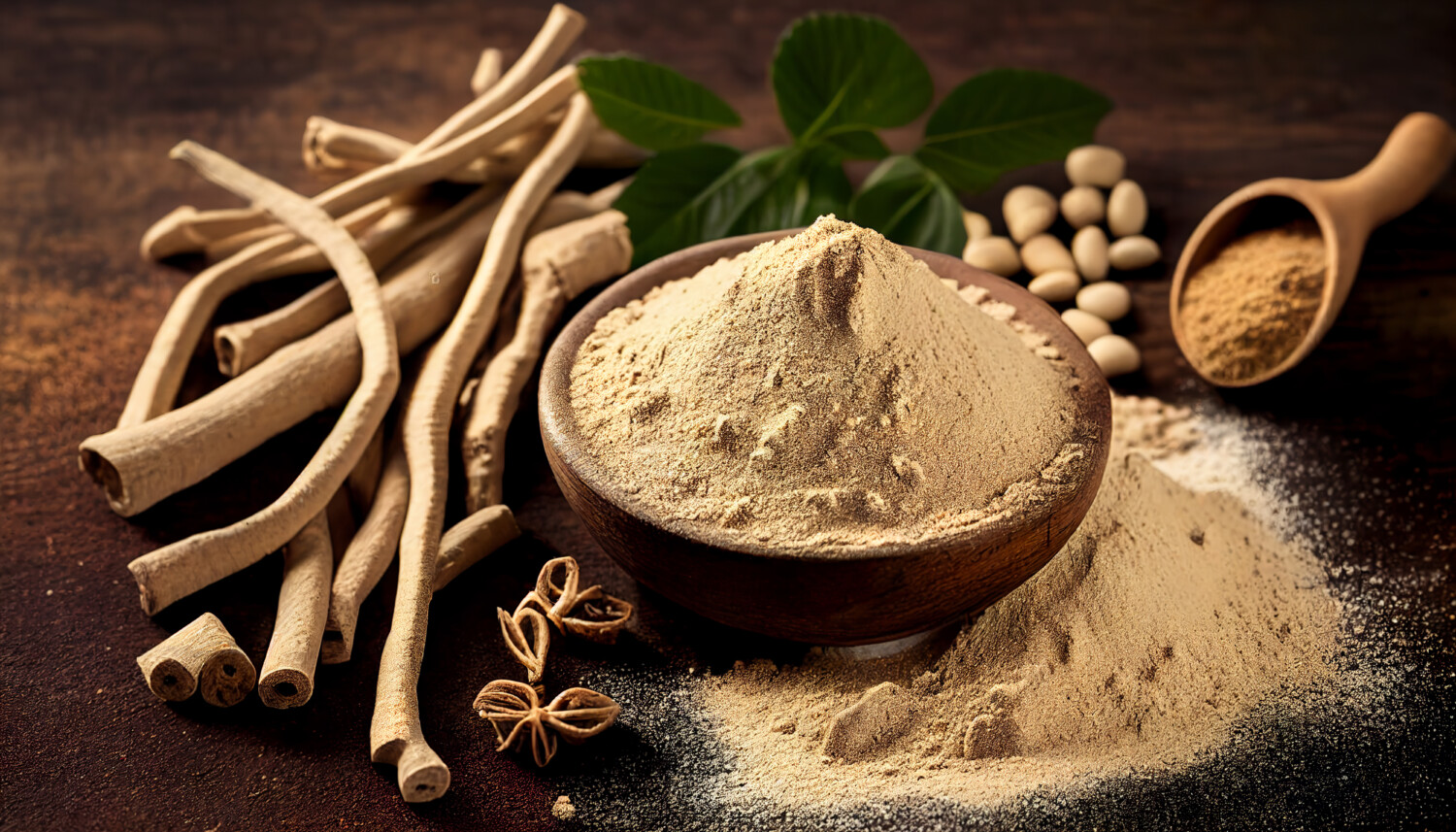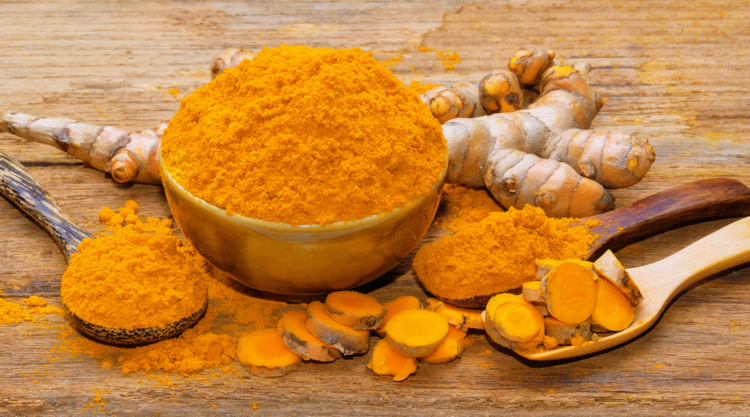Do Ashwagandha supplements really help ease stress?

It’s no secret that stress is an epidemic in America. It causes a host of health concerns and can lead to unhealthy coping mechanisms such as drugs and alcohol that are known to decrease life expectancy. While many turn to Western medicine to find ways to heal from chronic stress, there is growing interest in alternative ways to heal stress that involve a more holistic approach.
For example, there are a growing number of supplements on the market that are being promoted as a way to help soothe anxiety and promote mental well-being. Many of the supplements being marketed to treat stress and anxiety work similarly to selective serotonin reuptake inhibitors (SSRIs), which are typically medically prescribed for anxiety.
One such treatment that’s garnering attention for its stress-relieving benefits is ashwagandha. The plant-based supplement is popular in Ayurvedic medicine and is known to help treat anxiety, stress and improve sleep. If you’re interested in learning more about this unique plant and whether or not its for you, continue reading to learn more.
MORE: This magnesium supplement is my go-to when I need to relax at bedtime
What Is Ashwagandha?
While it may be new to the Western world, ashwagandha has been used for thousands of years in India as a part of Ayurvedic medicine. Ayurvedic medicine is based on the principle that illness actually originates in a person’s consciousness, and it seeks to heal any imbalances that may have arisen there by focusing on lifestyle changes and natural remedies.
In Sanskrit, ashwagandha actually translates to “smell of the horse,” which references both the smell of the herb and the belief that it increases virility.
The plant itself is a small flowering shrub with origins in India and Southeast Asia. Extracts are sourced from both the leaves and the root of the plant to treat a number of health conditions, and can be taken in the form of powder, pill or liquid extract.
How Does It Help to Alleviate Stress?
Ashwagandha is what’s called an adaptogen, which is a type of plant or mushroom that helps the body better cope with stress and anxiety. Adaptogens refer to the active ingredients within the plant or mushroom that help the body return to what’s called homeostasis, or its normal balance.
They can help by reducing high cortisol levels in the body that are caused by stress, and can also do the reverse, effectively increasing cortisol levels if you’re experiencing fatigue.
Ashwagandha in particular is known to help soothe the nervous system and change the way we respond to stress. It works on many levels, including the previously mentioned reduction of cortisol, as well as by calming activity in the hypothalamic-pituitary-adrenal axis, which manages our body’s response to stress.
Does it work for relieving stress? This is a question researchers have been trying to answer, but so far, many of the studies have been small in scale. A 2022 meta-analysis of recent studies found that taking ashwagandha did have a benefit when it comes to relieving stress and anxiety, but the analysis called the certainty of the evidence in these studies low.
MORE: The benefits of black seed oil have earned this supplement a loyal following
Proper Dosage and Potential Side Effects
The recommended dosage of ashwagandha may vary based on a number of factors, but it’s typically recommended to take between 250 to 1,250 mg per day. Because the long-term effects of ashwagandha have not been fully evaluated, research suggests it’s best to take supplements for three months maximum.
Data states that ashwagandha may not be safe for people who are pregnant, breastfeeding, have liver problems or are taking certain medications.
Some side effects that have been reported from ashwagandha use include drowsiness, diarrhea and vomiting.
While current research is promising, scientists say more studies are needed to evaluate the effectiveness of ashwagandha as a treatment for stress and anxiety.







